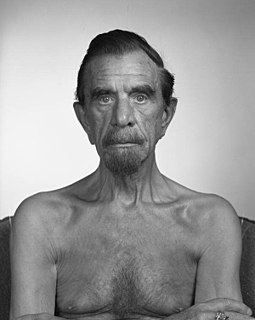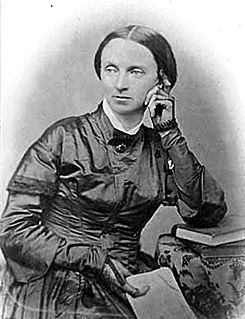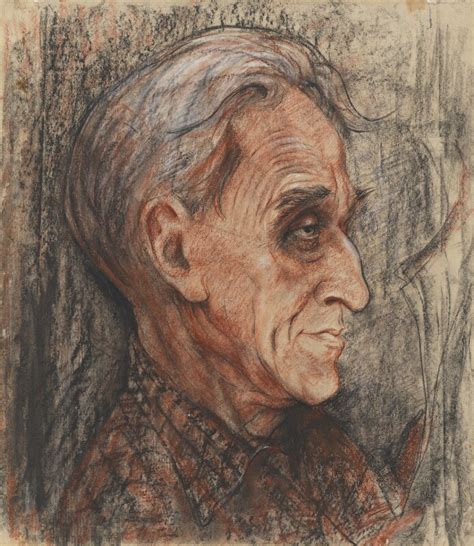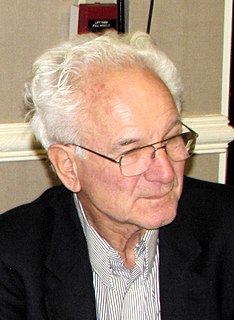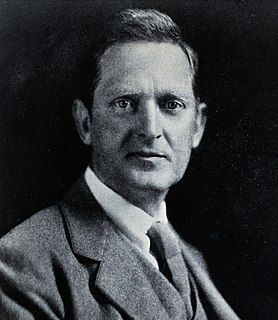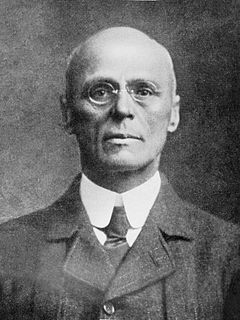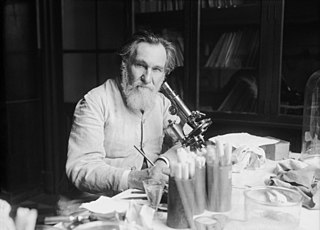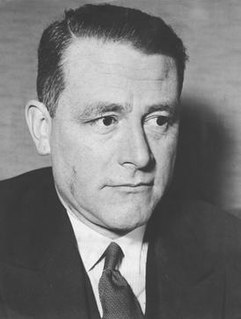A Quote by Jill Lepore
Germ theory, which secularized infectious disease, had a side effect: it sacralized epidemiology.
Quote Topics
Related Quotes
The diagnosis of drunkenness was that it was a disease for which the patient was in no way responsible, that it was created by existing saloons, and non-existing bright hearths, smiling wives, pretty caps and aprons. The cure was the patent nostrum of pledge-signing, a lying-made-easy invention, which like calomel, seldom had any permanent effect on the disease for which it was given, and never failed to produce another and a worse. Here the care created an epidemic of forgery, falsehood and perjury.
Especially working in infectious disease, it's very interesting because these infectious diseases, these agents, they evolve over time. So it's very much an arms race and understanding how each changes to protect itself and to continue. And so it's very much this puzzle-solving but with this great urgency and importance in what you find.
We have chosen to write the biography of our disease because we love it platonically - as Amy Lowell loved Keats - and have sought its acquaintance wherever we could find it. And in this growing intimacy we have become increasingly impressed with the influence that this and other infectious diseases, which span - in their protoplasmic continuities - the entire history of mankind, have had upon the fates of men.

